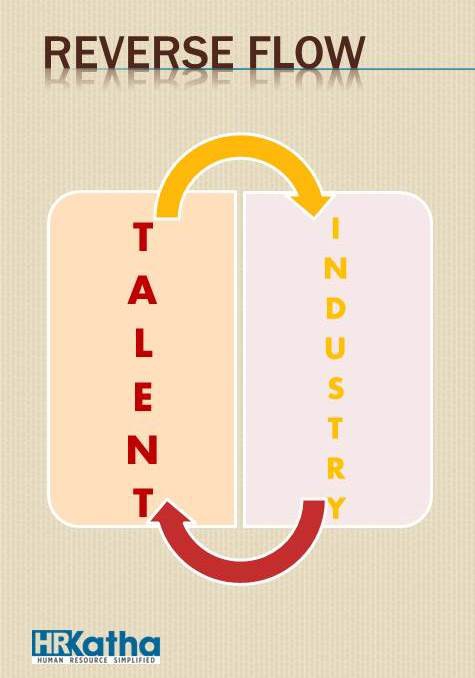Time and again this chicken and egg situation has forced organisations to rethink their business and talent strategies.
Talent is the soul and foundation of businesses. Industries have, in many cases, set shops at the potential talent hubs of the world. At the same time, it is also known that wherever organisations have come together and created hubs of employment, talent has migrated in swarms to those places. Time and again, this chicken and egg situation has forced organisations to rethink their business and talent strategies.
As the auto industry become more technology focused, several car companies are establishing significant operations in Silicon Valley and others are moving to where the talent is, such as Germany.
Additionally, large US banks such as JPMorgan Chase, Goldman Sachs and Citigroup are moving their UK offices to fledgling financial hotspots such as Paris, Dublin and Frankfurt.

Back home, businesses have been clever to set up facilities in locations that offer both infrastructural benefits and easy access to the required talent. However, with clusters of organisations setting up shops at a specific location, talent also tends to get drawn towards the same. S V Nathan, senior director & chief talent officer, Deloitte says, “It’s a two-way game. Wherever industry sets up, talent automatically comes to those places, provided the government puts in efforts and does its part to ensure infrastructural benefits. On the other hand, wherever industry believes that it has run out of talent, it starts moving to other hubs.”
Talent nowadays has more choice of career and opportunities, and hence, organisations need to deal with the uncertainty of talent choice.
Nathan shares the examples of how the golden triangle cities of Chennai, Bangalore and Hyderabad, which were earlier not known for IT or manufacturing, gradually turned into industry hubs for both. He explains how 25 years ago, Chennai which wasn’t the auto capital of India then, slowly became the Detroit of India as automobile companies, such as Ford and Mahindra set up plants. Consequently, talent started moving into these cities for better career opportunities.
Talking of the reasons behind industries moving base, Sanjeev Parkar, senior director-human capital, PricewaterhouseCoopers, said, “Owing to urbanisation and decentralisation of industry, companies are now moving from the hub towards the spoke. By moving towards the outskirts — thanks to new infrastructural support —companies are also enabling the development of townships in those areas.” Adding to the socio-economic benefits of companies moving in together, Parkar also highlights that “It doesn’t work when only one company moves. But when a cluster moves, there’s generally more development in that area.”

If one looks at the global scenario, industry on the whole is shifting to the East as it looks to control infrastructural and labour costs. As a result, “reskilling initiatives are really required in India,” Parkar opines sharing that people here acquire very generic skills and with more and more niche jobs moving to India, people will need to upskill to meet the talent demand. Also, “By upskilling our people, we can charge a premium,” he adds.
When Bangalore dried up, companies moved to Hyderabad and Chennai. When Hyderabad started getting saturated, companies began to think of diversifying and set shops in Pune, Jaipur, and so on.
As industries look for both talent and infrastructural benefits, Nathan explains that industrial hubs sprout at places where the government proactively takes measures to sponsor infrastructural development for industries to set shops.
Discussing the other side of the story, Nathan explains how industries, when experiencing saturation in finding talent or having run out of talent at a particular location, move to other places where they see more potential. For instance, when Bangalore dried up, companies moved to Hyderabad and Chennai. When Hyderabad started getting saturated, companies began to think of diversifying and set shops in Pune, Jaipur, and so on. In his own words, “If the mountain does not come to Muhammad, then Muhammad must go to the mountain.”
As industries set up a hub, talent gets pulled towards these opportunities. However, in that cluster, there is something that organisations need to do to differentiate themselves, to attract the best talent. According to Parkar, “The efforts an organisation makes to develop its people, to create a good people experience helping them grow their careers makes them stand out in a cluttered market.”
Career mobility, in addition, is also gaining increasing importance these days as talent looks to travel for work and considers it a great benefit or perk. Moreover, talent nowadays has more choice of career and opportunities, and hence, organisations need to deal with the uncertainty of talent choice.
To conclude, it is quite evident that industries attract talent irrespective of location. It is also true that industries, at times, move to talent-rich locations, provided they find governmental support.



